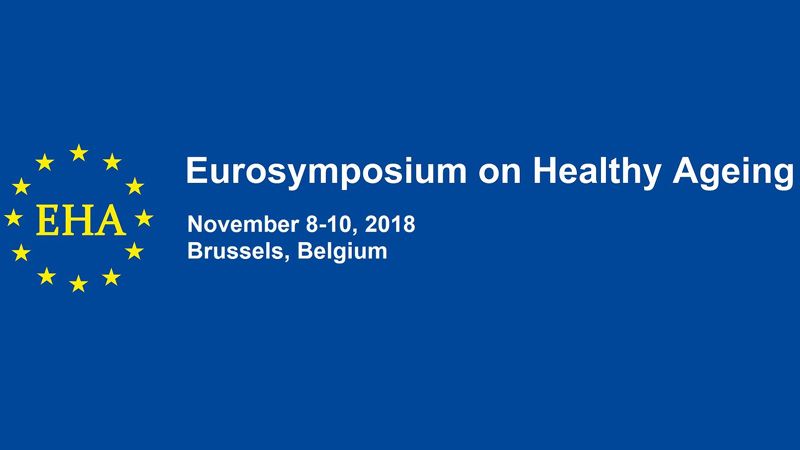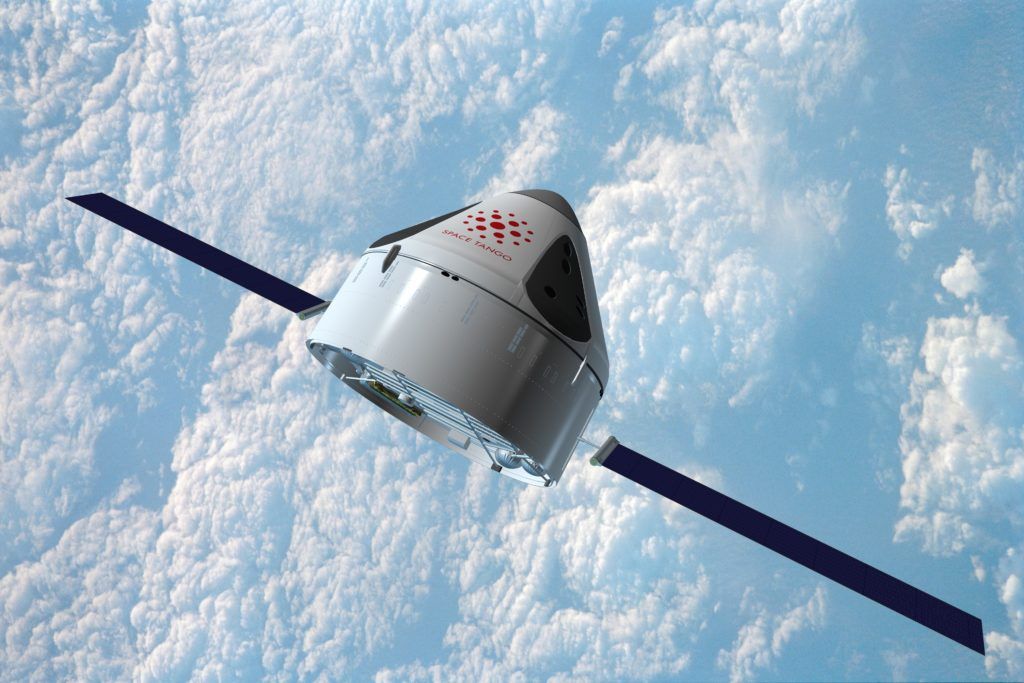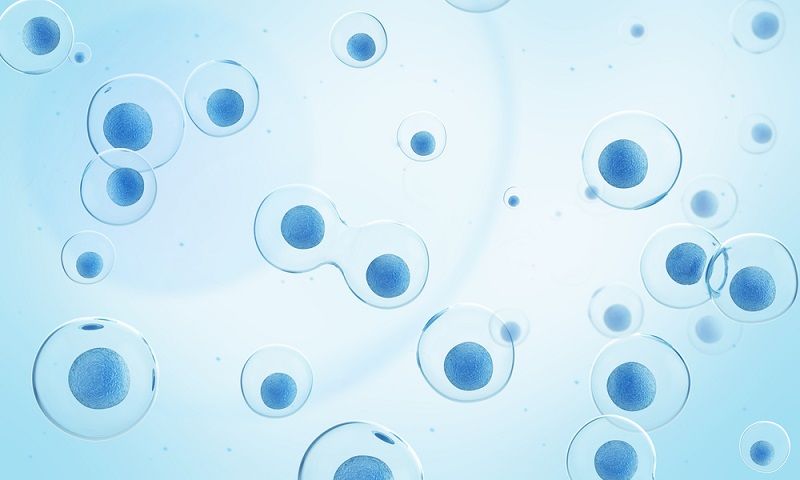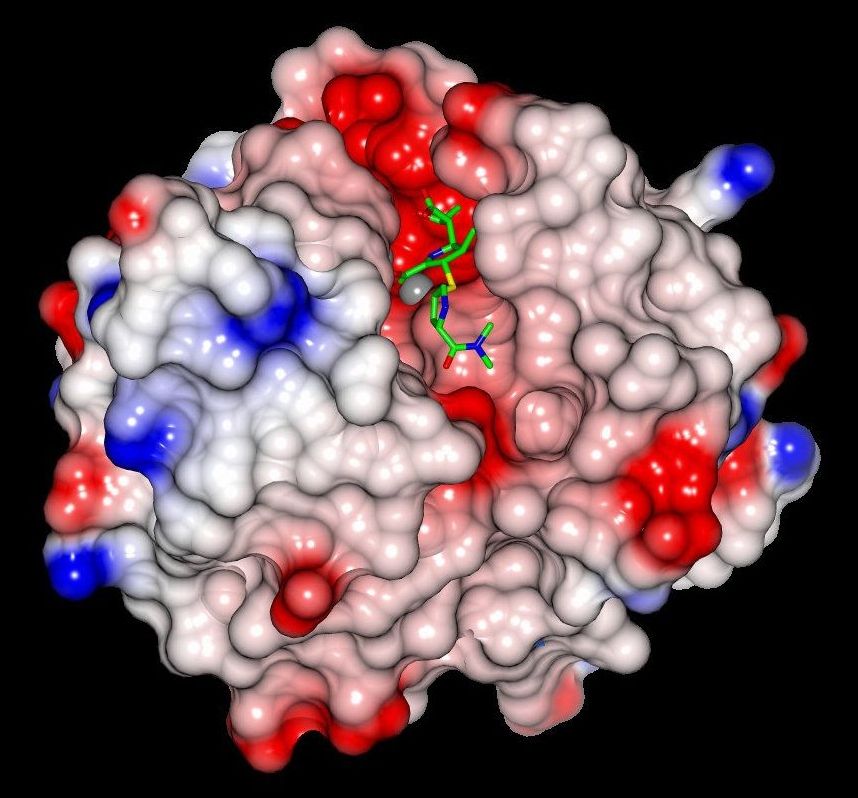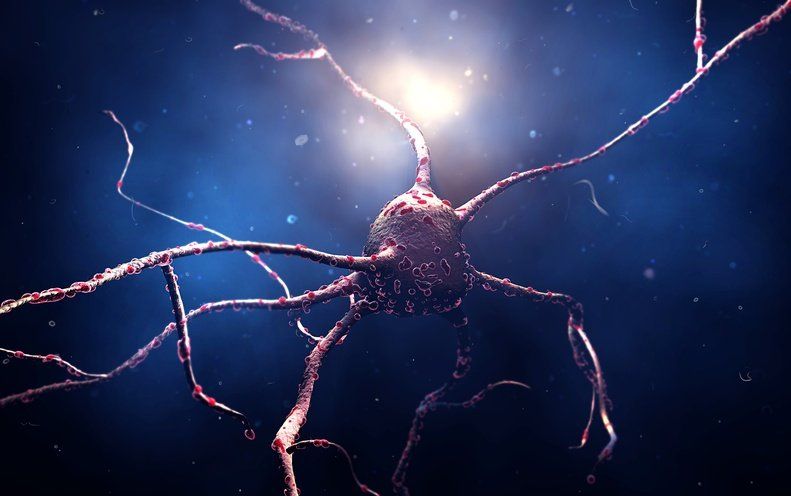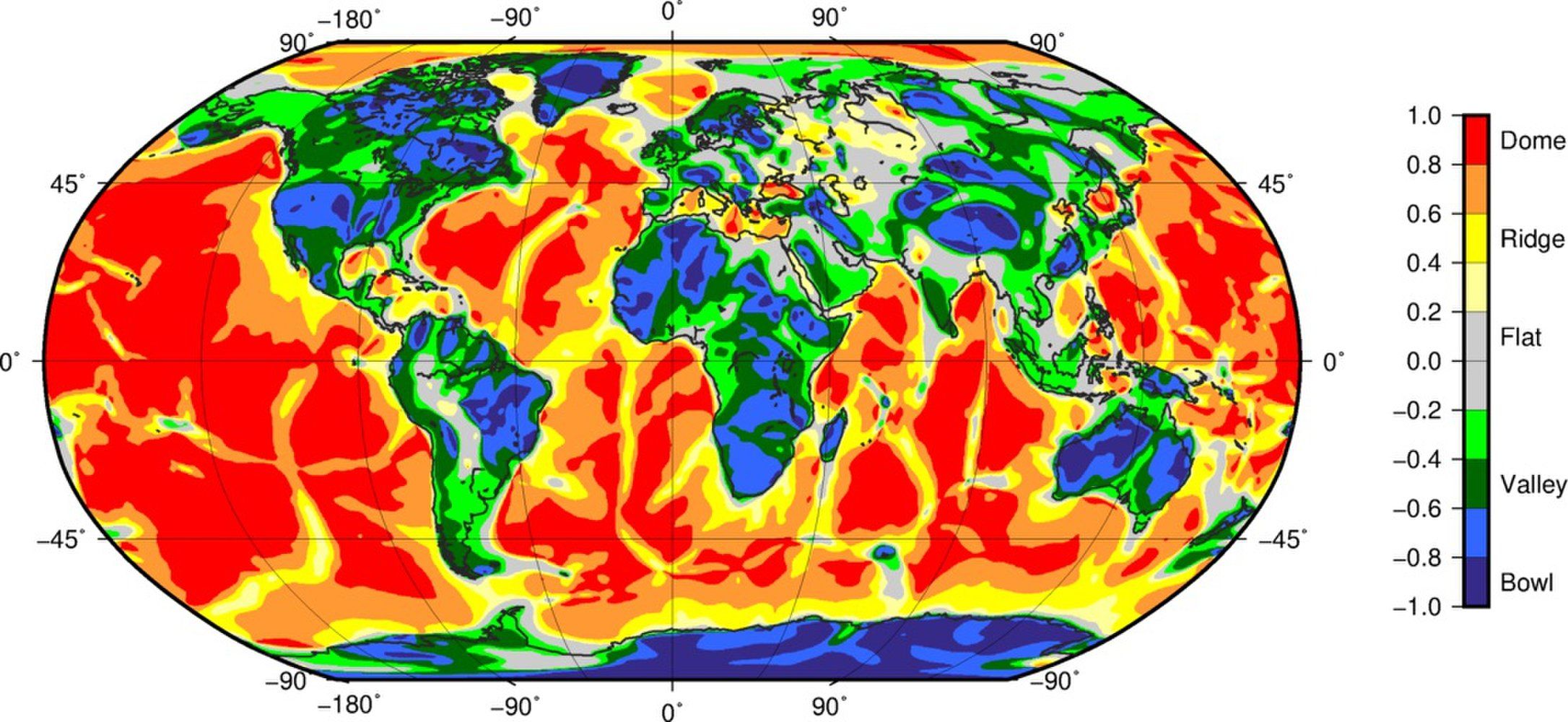Thoughts on the Eurosymposium on Healthy Ageing held by Heales in Brussels.
When I first learned about the possibility of achieving human rejuvenation through biotechnological means, little did I know that this would lead me to meet many of the central figures in the field during a conference some seven years later—let alone that I would be speaking at the very same event. Yet, I’ve had the privilege to attend the Fourth Eurosymposium on Healthy Ageing (EHA) held in Brussels on November 8–10, an experience that gave me a feel of just how real the prospect of human rejuvenation is.
A friendly, welcoming environment
As EHA was the first conference I’ve ever attended, I didn’t quite know what to expect; given that researchers, activists, and investors from all around the world were invited, I had imagined it would probably be a posh, formal event with violins playing on the background and people in suits and formal dresses discussing topics beyond my comprehension while enjoying champagne. Thankfully, the atmosphere was much more relaxed and informal, elegant but not intimidating, which favored the interaction among participants regardless of their backgrounds—though, alas, the topics discussed were indeed mostly beyond my comprehension, as they involved high-level biochemistry with which I’m nowhere near sufficiently familiar (yet).

